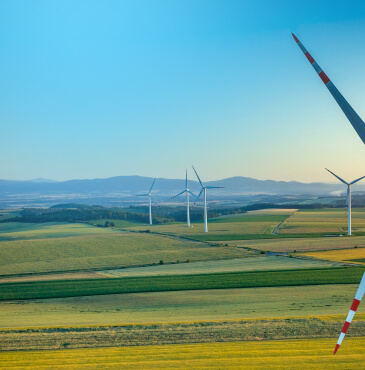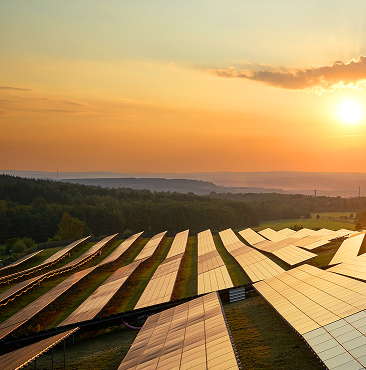
John Pettigrew
CEO, National Grid


Francesco Starace
Partner, EQT Infrastructure


Graham Stuart
Former UK Minister of State for Energy Security and Net Zero


Sinead Gorman
Chief Financial Officer, Shell


Kwasi Kwarteng
Former Chancellor of the Exchequer and Secretary of State for Business, Energy and Industrial Strategy


Judith Hartmann
Operating Partner, Sandbrook Capital


Jonathan Brearley
CEO, Ofgem


Dorothy Thompson
Chair, Stratera Energy


Greg Jackson
CEO, Octopus Energy


Axel Thiemann
Chief Executive Officer, Sonnedix
















































